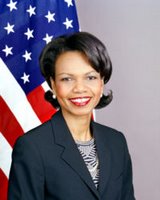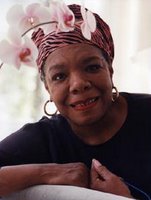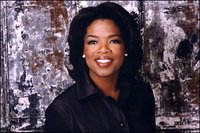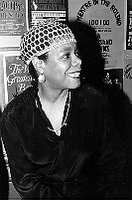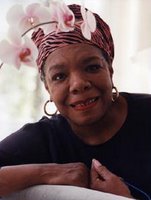Next to the creation of man, language is perhaps the next most outstanding masterpiece. In reading words of another I find my own. In listening to viewpoints of another I find understanding and tolerance, and perhaps; patience and love. In the life of John Edgar Wideman, I find a master of the English language.
We create a protective shell around us in an attempt to survive the turmoil and chaos of growing up.
Here is a brief introduction to the thoughts and writings of the man.
“The trouble with this survival mechanism was the time and energy expended on the upkeep of the shell. The brighter, harder, more convincing and impenetrable the shell became, the more I lost touch with the inner sanctuary where I was supposed to be hiding. It was no more accessible to me than it was to the people I had intended to keep out. Inside was a breeding ground for rage, hate, dreams of vengeance.” - John Edgar Wideman
An excerpt from “In Praise of Silence”
by John Edgar Wideman
“For a people who have endured a long, long history of waiting – waiting at the Jordan river, waiting chained in stone forts on the west coast of Africa, waiting for slavery and discrimination to end, waiting for justice and respect as first class citizens, waiting for prison gates to open, waiting eternities in emergency wards and clinic lines in sorry urban hospitals – silence is an old, familiar companion. Time and silence, silence and time. The silence attending waiting, waiting through times of enforced silence. Silence upon the ground which wishes are inscribed while the endless waiting continues. Silence a dreaming space where what’s awaited is imagined and, when it doesn’t come, the space where dreams are dismantled, dissolving again into silence. Dreams born and dying and born again in the deep womb of silence, and silence, tainted though it is by disappointment and waiting, also a reservoir of hope.”





